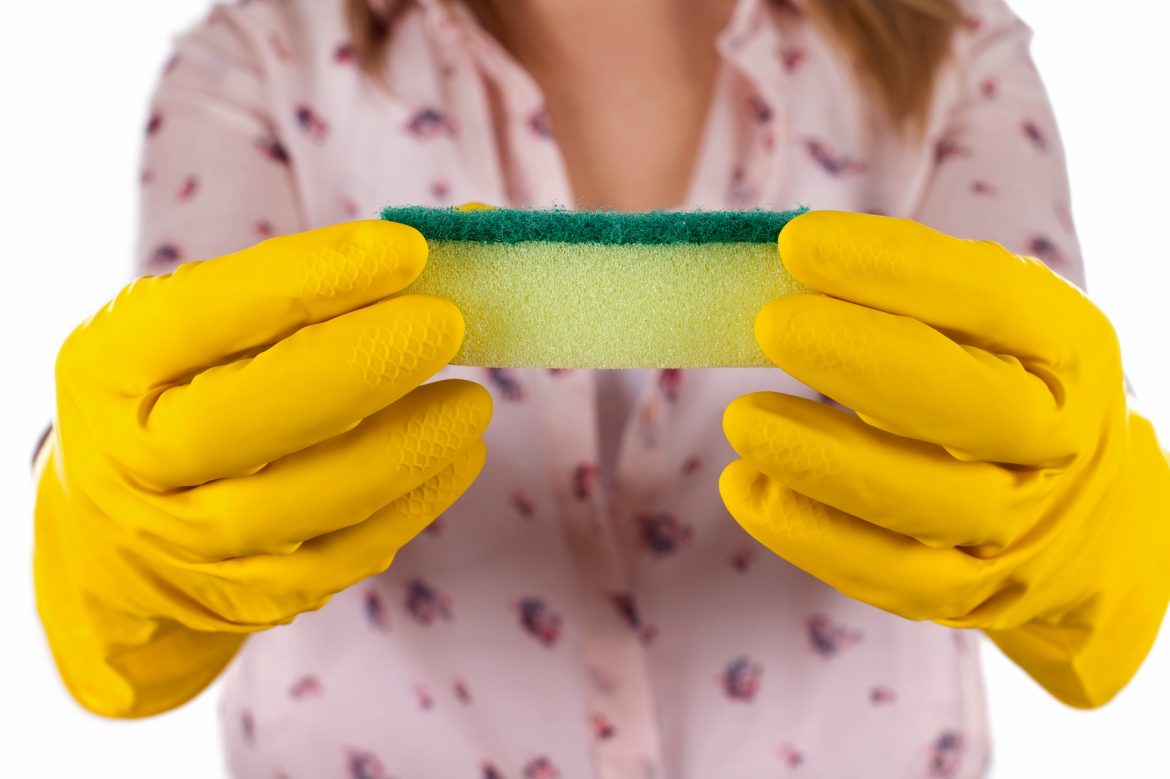
Not Your Friend!
A research led by Furthwangen University reveals that an item you actually use for domestic cleaning purposes is far from being clean itself. Although regularly exposed to detergents, it is teeming with common but harmless bacteria. Can you guess the item? Answer: the kitchen sponge, and it is definitely not our friend.
The study found that an ordinary kitchen sponge hosts about 5.4×1010 bacteria cells per cubic centimetre. Experts tend to think sponges are at least as “dangerous” as toilets because the variety of food and humidity make them irresistible for bacteria. In this case, the second most bacteria-rich spot of our houses (first being the drain trap) is the kitchen sponge!
Lead researcher microbiologist Markus Egert says the majority of bacteria they found happily thriving on sponges is not harmful, better be safe as some are potential pathogens. A mischievous bacteria named Moraxella osloensis was the most dominant kind.
"Kitchen sponges not only act as [a] reservoir of microorganisms, but also as disseminators over domestic surfaces, which can lead to cross–contamination of hands and food, which is considered a main cause of food–borne disease outbreaks," the authors write in their paper.
Perhaps the most surprising statement is the finding that you should not try to clean or sterilise your sponges, because regularly cleaned sponges were found to be almost as bacteria-ridden as uncleaned ones. The process is said to even increase the abundance of some kinds.
So, what should we do? Researchers suggest replacing your sponge every week, as the safest option. Bad smells coming from your kitchen counter is the absolute sign that it is time to get rid of your sponge.
Here are a few advices about sponge usage:
Do not use your sponge to wipe off food debris and keep it away from fresh meat broth, vegetable and fruit pulps. Instead, use disposable paper towels to clean these. It is also wiser to have separate sponges for cleaning the dishes and for wiping your counter. The most important of all, always make sure you let your sponge dry.
REFERENCES
- 1. https://www.nature.com/articles/s41598-017-06055-9
